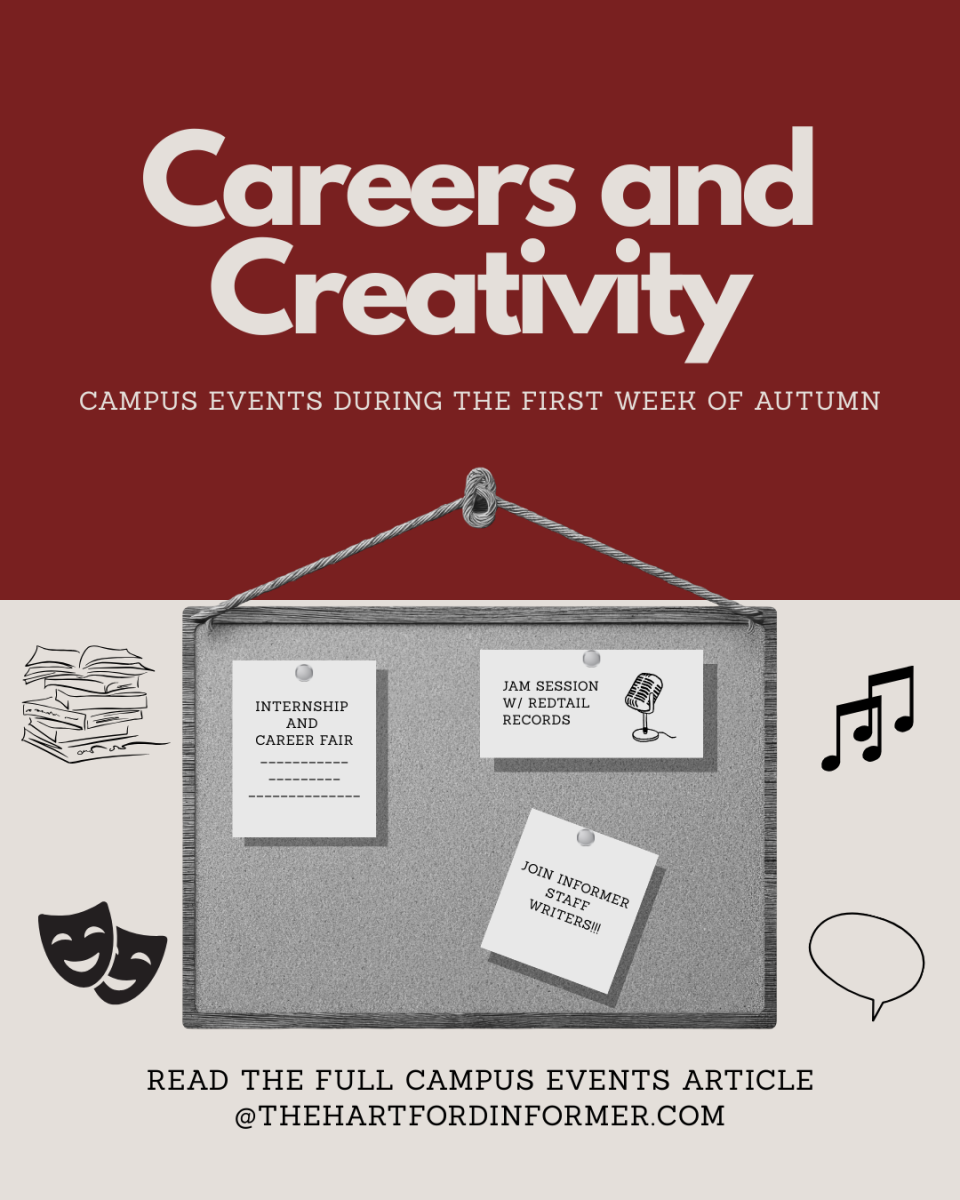UHart Students Share Their Stance

Image Courtesy of Parentstoday.com
September 9, 2020
COVID-19 has brought a lot of change to the University of Hartford campus, many of which are keeping students safe during this pandemic. Yet one new rule has got some students so frustrated that an online petition has been started. The no guest policy states that “guests are not permitted in any on-campus housing unit at any time. Only the resident(s) assigned to a room, suite, or apartment may be in the housing unit” (hartford.edu). As of September seventh, eight hundred and thirty-five students and or parents have signed the petition to adjust the no guest policy on campus.
The creator(s) of this petition argues that other schools have looser guest policies that are still keeping students safe. An example provided in the petition is Southern Connecticut State University, where guest policy states that “guests from off-campus will not be permitted in the residence halls. Visitors from other resident halls will be allowed, however room capacity will only allow one visitor at a time”. The creator of the petition further explains that this policy is more reasonable. The other half of the argument for adjusting the no guest policy is mental health. The petition argues that as human beings, we need to socialize; by not allowing any guest, socialization becomes much harder, which is detrimental to student health. Based on the number of signatures of many UHart students, it is obvious that students want a new limited guest policy to be put into place.
Even though there are many benefits to a limited guest policy, does it outway the cons? It’s the duty of the university to act in their student’s best interest; the no guest policy is in place to help stop the spreading of COVID-19 on campus. By creating this policy and having severe consequences for breaking it, such as getting removed from campus with no refund, it makes students more likely to follow social distancing rules. Overall the benefits of this policy are preventing the spread of COVID and keeping students healthy.
The reasoning for both policies are valid and important, which leaves a moral dilemma; is it more important to take care of students’ mental health or possibly prevent COVID-19 from spreading? We, as students, are left with questions. Has the administration seen the petition? Will the policy be adjusted? Only the university’s President, Gregory S. Woodward, can decide on the policy adjustment. Until then, we will have to wait and wonder.









